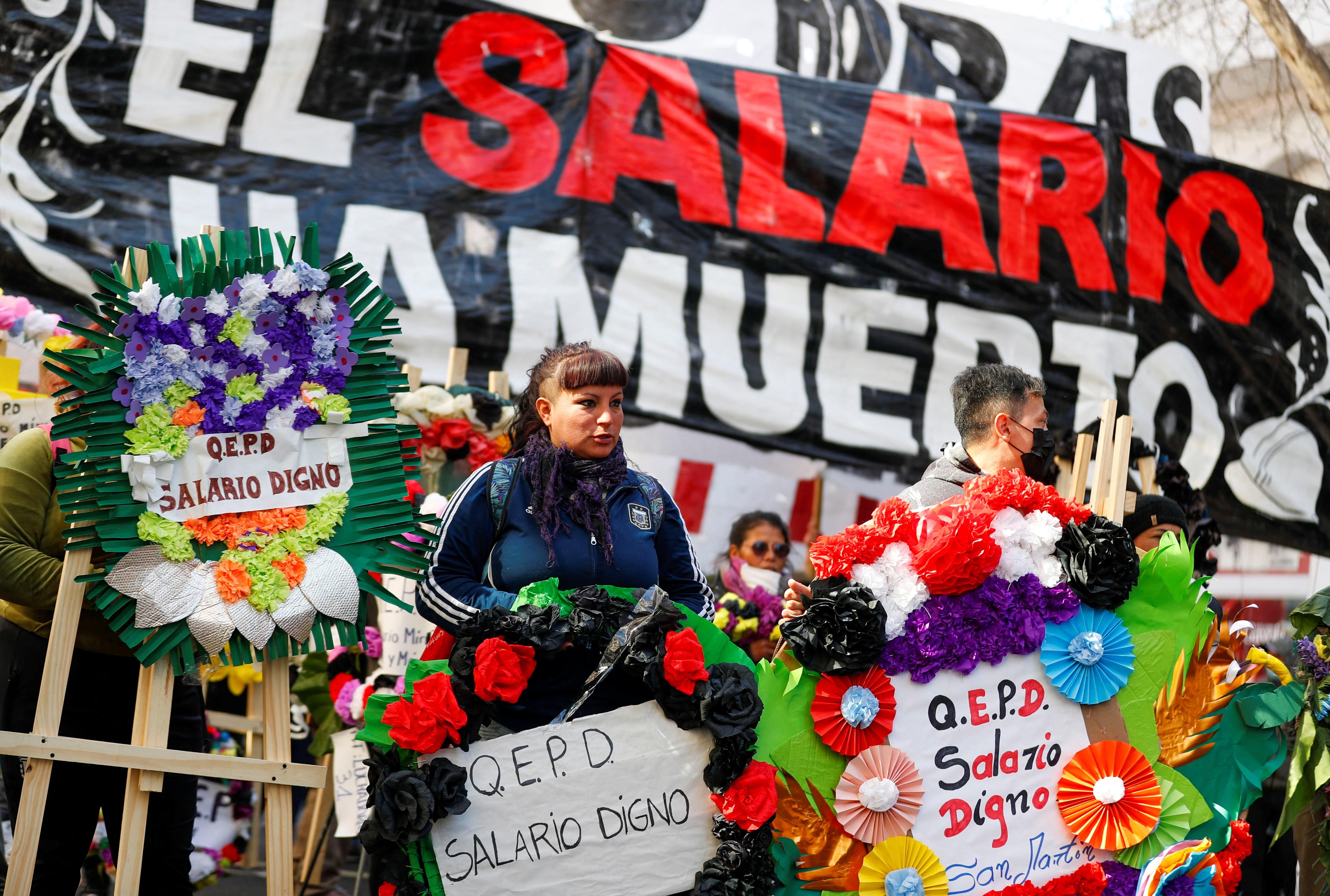Hard Numbers: RIP wages in Argentina, Japan's missile arsenal, Mogadishu attack, Singapore’s big LGBT move
317: Argentine workers held Friday a mock funeral procession for the "death" of the living wage in the country, where sky-high inflation is wiping out purchasing power. The minimum wage of $317 a month now covers less than half the cost of a basic food basket for a family of four.
1,000: Japan is stockpiling more than 1,000 long-range missiles, and for the first time plans to deploy the arsenal on islands facing China and North Korea. Two weeks ago, China responded to US House Speaker Nancy Pelosi's visit to Taiwan by firing ballistic missiles around the island, five of which landed inside Japan's exclusive economic zone.
21: At least 20 people were killed Sunday in Mogadishu after security forces ended a standoff with al-Shabab militants who had stormed a hotel and taken hostages. It's the first attack in Somalia's capital by the group linked to al-Qaida since President Hassan Sheikh Mohamud took over in May.
377: In a surprise move Sunday, PM Lee Hsien Loong announced that Singapore will repeal section 377A of the criminal code, a colonial-era law banning same-sex relationships. The notoriously conservative island nation is the latest Asian government to decriminalize gay sex after India, Thailand, and Taiwan (where same-sex marriages are allowed since 2019).